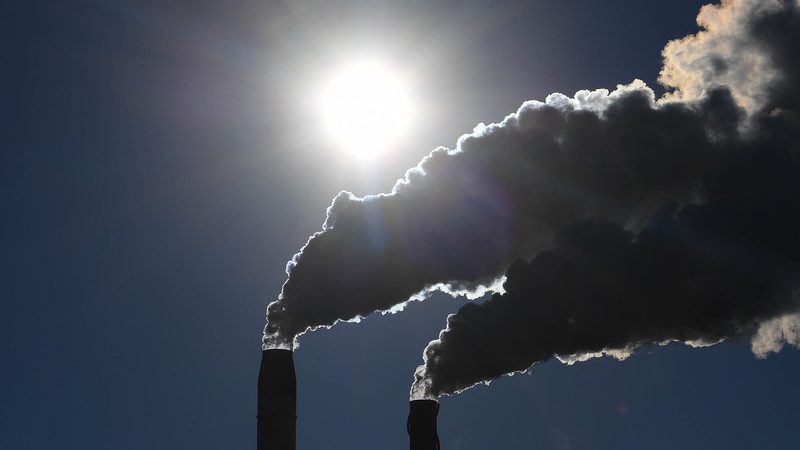Germany will have to spend huge sums and make more reforms in order to build a climate-friendly economy, German chancellor Angela Merkel said on Tuesday. One challenge will be to retain the national steel industry will pushing towards climate neutrality.
“We will have to spend gigantic sums in the next few years,” she said during Industry Day in Berlin. “On the one hand, this is the task of the economy, but there are areas in which it cannot be done without government support. This means also the expansion of European microchip production or the production of battery cells for electric vehicles (EVs).”
Merkel said the planned higher climate targets had not yet been spelled out.
“A new forecast about electricity demand up to 2030 is urgently needed and it can be assumed that more electricity will be needed,” she observed.
The chancellor also said approval procedures would have to be accelerated when expanding renewable energies and power lines, so planning management has to get better, Kallanish notes.
CDU party leader and potential next chancellor Armin Laschet said: “We want to be a climate-neutral industrial country. However, Germany must still have an auto, chemical and steel industry in 20 years and still be climate neutral.”
The Federation of German Industries (BDI), which organised Industry Day as a hybrid conference, warned that supply bottlenecks and raw material shortages were jeopardising the economic recovery.
“A shortage of semiconductors is already leading to sometimes far-reaching production restrictions in the automotive industry,” said BDI president Siegfried Russwurm. “The problems affect the entire supply chain.”
According to Russwurm, there are bottlenecks not only in semiconductor chips, but also a lack of plastics, packaging material, steel and metals. “It remains to be seen how strongly this topic will ultimately have a negative impact on economic indicators,” he added.
Green party chancellor candidate Annalena Baerbock offered the industry solidarity in climate protection. “We will only be able to do it together,” she said at the forum. Baerbock reaffirmed the idea of an “industrial pact”. The basic idea behind this is that the state should bear additional costs for more climate-friendly production methods until they pay off.
In the case of hydrogen, Baerbock spoke out against funding it with a watering can. “There will probably not be enough hydrogen to be used in all industries. You don’t need hydrogen in small cars, there are alternatives there, but not in the steel industry.”
Svetoslav Abrossimov Bulgaria






